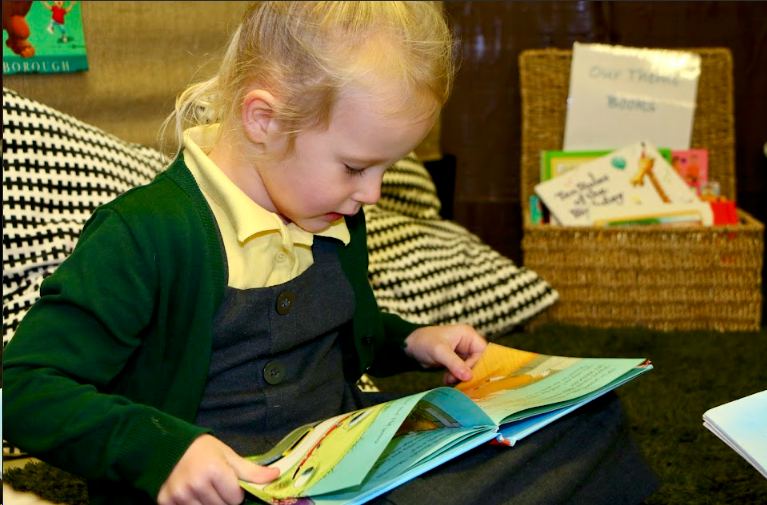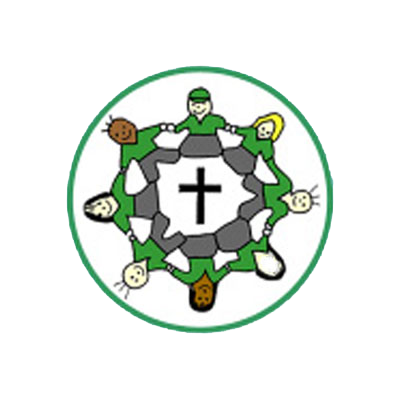Year 1
Welcome to Year 1

Our Learning This Summer Term
Phonics, Reading and Spelling
Children who read regularly or are read to regularly have the opportunity to open the doors to so many different worlds! More importantly, reading will give your child the tools to become independent life-long learners.We can achieve this together through:
- Encouraging children to develop a love of books by reading to them daily, at home and at school
- Giving children access to a wide range of books at school and at home
Teaching phonics will give your child the best possible start with their Literacy development and you can find lots of information about it below.
Please try and read your child's reading books with them as often as possible. Inside the back page there are some sounds and words which, if you have a quick look at first, will help your child to read the book. There are also some comprehension questions. Ask your child to answer these and encourage them to explain why they've given that answer. Please try to read the book at least 3 times over the week. Books will be changed every Friday.
In year 1 we need to work really hard on our phonics to help us be the best reader and writer that we can be. We also have the Phonic Screening Check in June and we definitely want to be ready to Shine!
Using Sounds
Step 1:
Before you start to teach your child, practice saying the sounds below. These are the sounds we use to speak in English. Children initially begin using pictures for each sound. This will help children recognise the sound and then form the shape of the sound.
We use pure sounds (‘mmm’ not’ muh’, ’ssss’ not ‘suh’, etc.) so that your child will be able to hear and blend the sounds into words more easily.
At school we say the sounds we can see then we use the phrase ‘blend in your head’ for the children to put the sounds together to read. E.g. m-o-p, c-a-t, m-a-n, sh-o-p, b-l-a-ck.

At this stage we do not use the letter names
Use this link to support your pronunciation sounds correctly
Step 2:
The children are then taught the long vowel sounds, using pictures and rhymes to help the children to identify and remember these:



As well as learning to read and blend real words children will have plenty of opportunities to apply their sound recognition skills to read ‘Nonsense words’. These words will also feature heavily in the Year One Phonics Screening check in the summer term. These words provide endless opportunities for children to apply and practice their thinking in a range of different contexts.

Step 3:
Within all the Little Wandle sessions/books children will be exposed to tricky words. These are words that are not able to be sounded out as they do not contain single sounds which can be blended. The children are taught to identify the tricky part within each word and are encouraged to read these words on sight.

Throughout the year, please visit the lists below and help your child to learn to read and write the words.

Useful websites for Parents
Please find a list of websites that you may find useful in helping you and your child learn about phonics. Games and fun activity websites are also included.
Little Wandle Letters and Sounds
BBC Bitesize – fun games for the children to play
ICT Games – fun games for the children to play
First School Years – fun games for the children to play
Other Useful Documents
Complete Grapheme Mat
Year 1 End Points
Mathematics

Spring Term Power Maths
 Calculation Strategies
Calculation Strategies
At the beginning of Key Stage 1, children are learning concepts and strategies that will underpin their mathematical learning. Please find below the key strategies for addition and subtraction that we will be using. These will be able to support you in continuing your child's learning at home.

Mastering Number
In Year 1, we are participating in the ‘Mastering Number’ programme. This is 10 minutes of a ‘whole class intervention’ focusing on number 4 days a week. Mastering Number has been designed to develop pupils’ fluency and understanding of number to build firm foundations for future success in mathematics learning. This programme develops solid number sense, including fluency and flexibility with number facts. One of the main representations in the Mastering Number programme is Rekenreks.
This video shows how to use Rekenreks right up to how we can multiply and divide with them.




